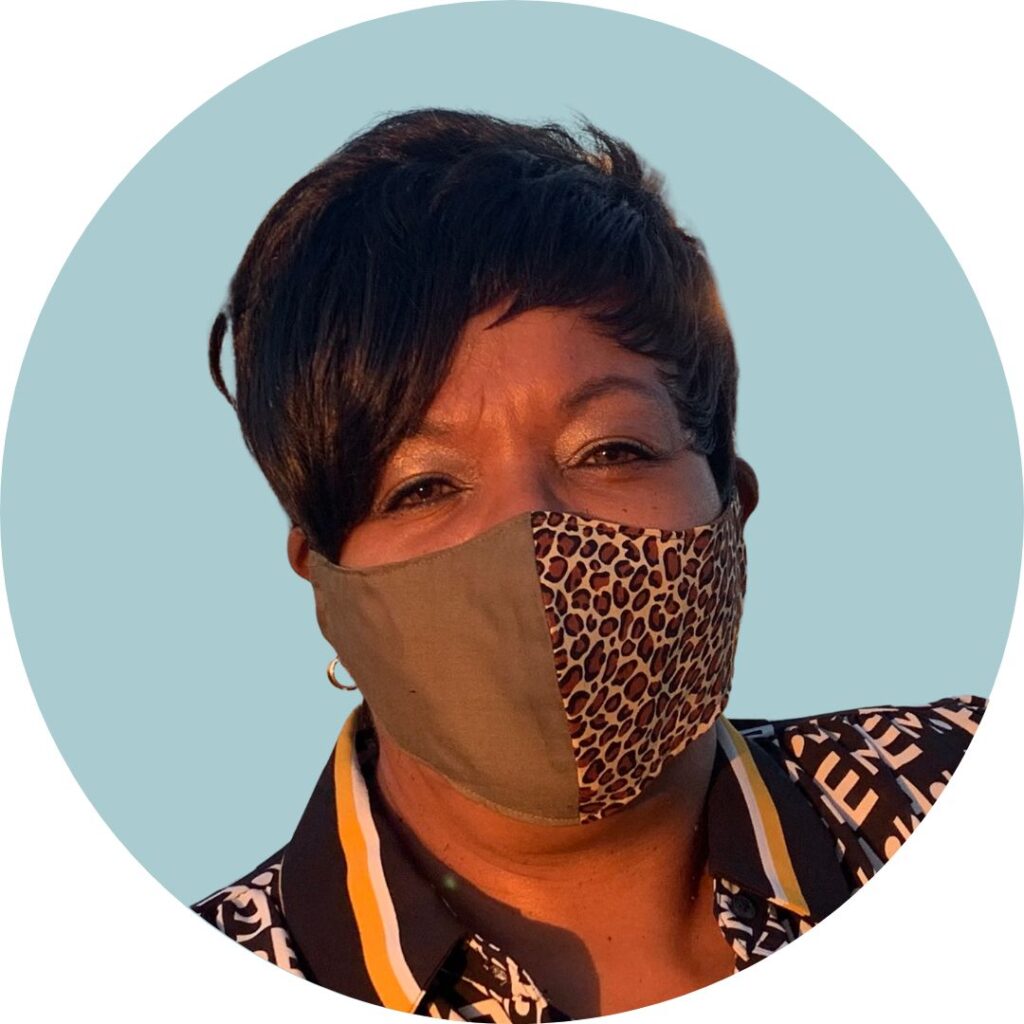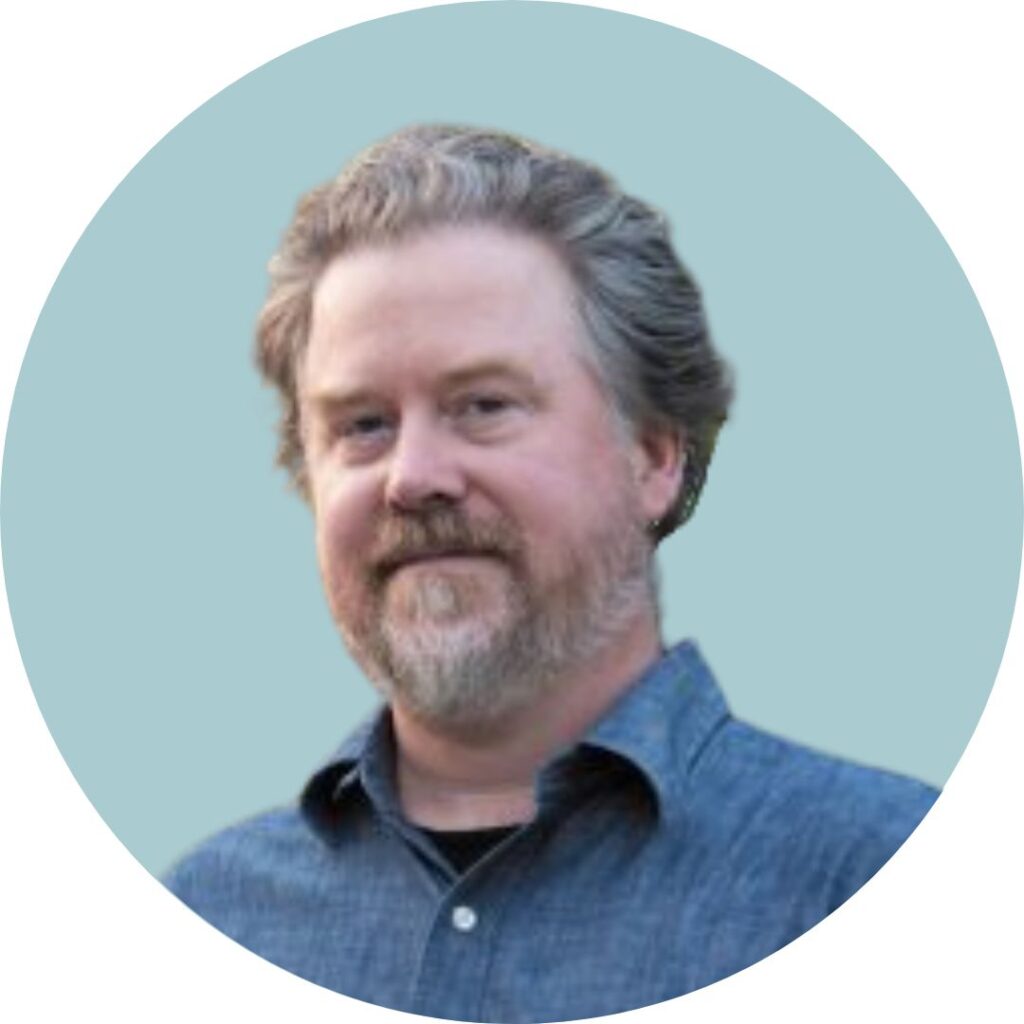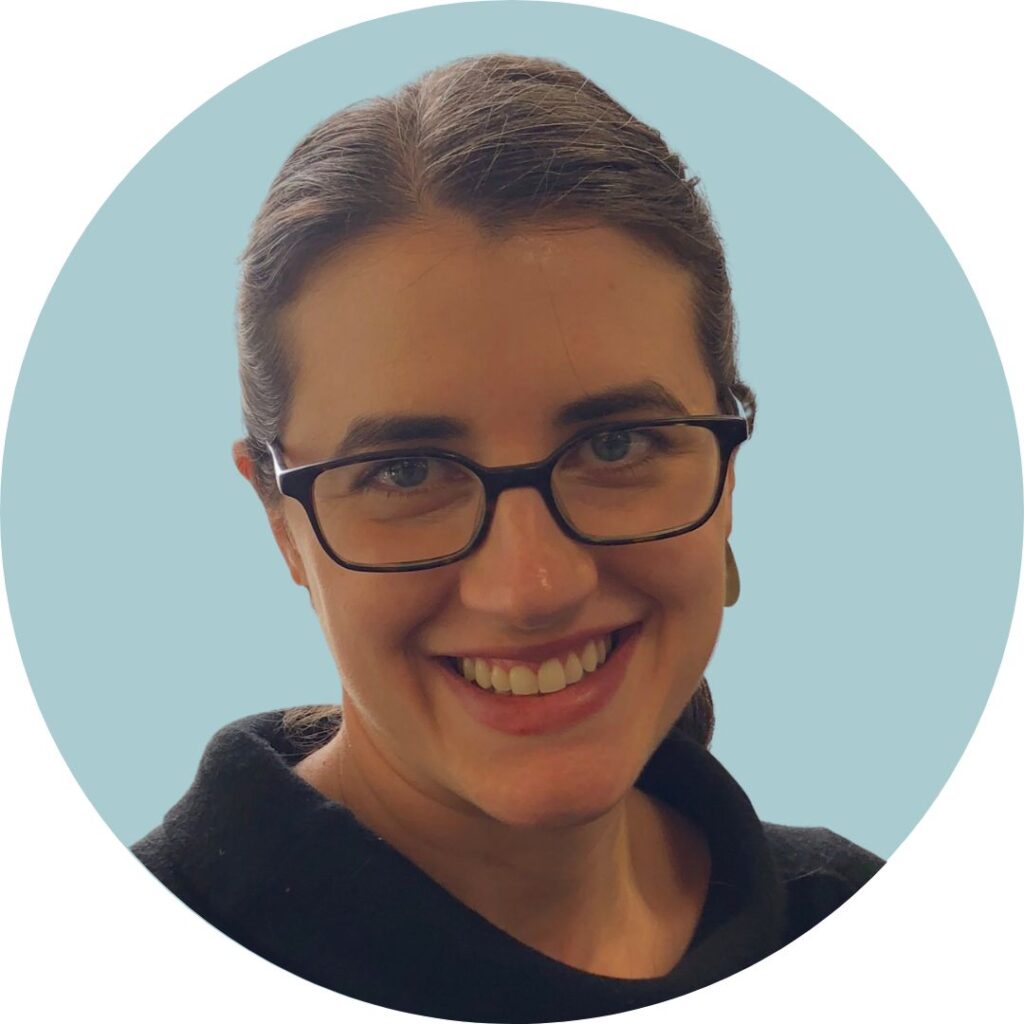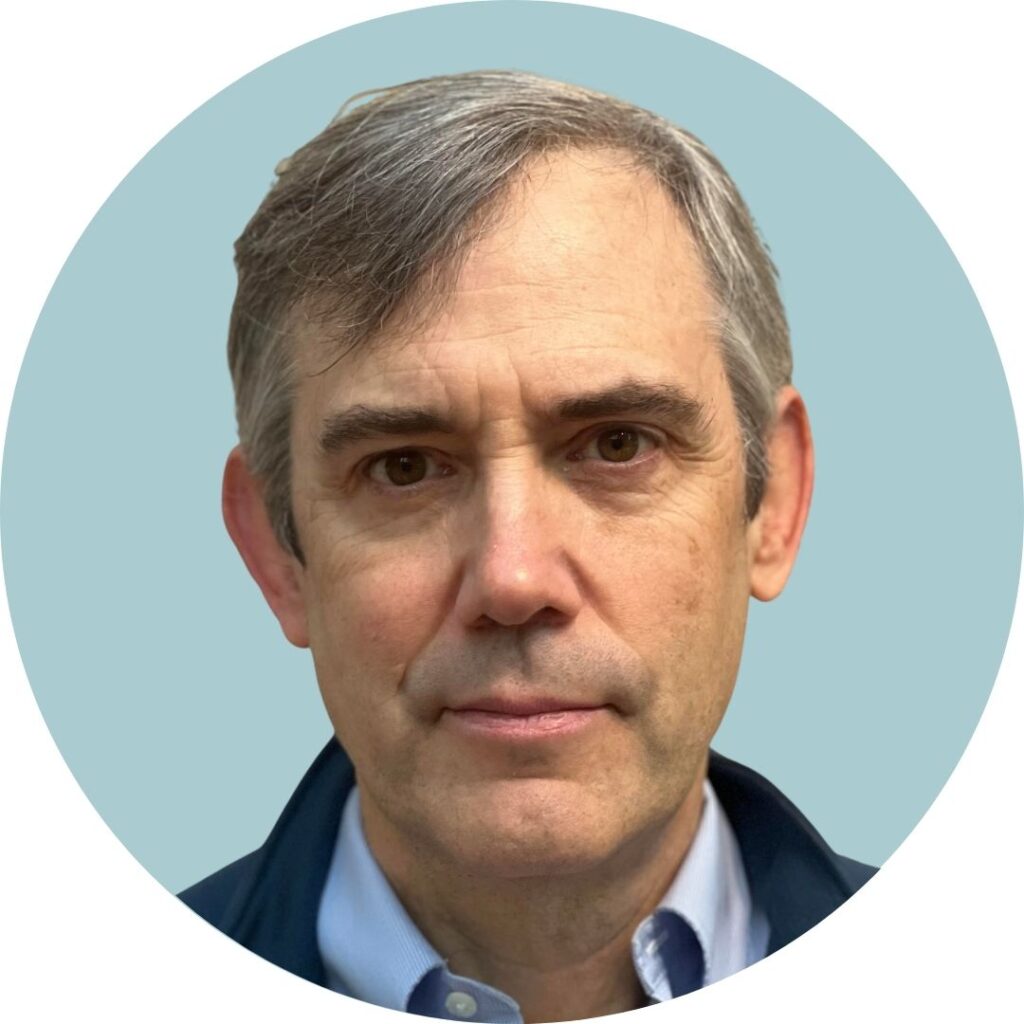We are proud to have featured a dynamic lineup of speakers and panelists for this year’s conference.

Idowu Jola Ajibade is an assistant professor of geography at Portland State University. Her research focuses on how individuals, communities, and cities respond to global climate change and their different capacities for adaptation and transformation. She explores adaptation in the context of resilience planning, eco-industrialization, eco-gentrification, uneven development, and managed retreat. She draws on urban political ecology and environmental justice lenses to interrogate both conventional and alternative approaches to adaptation, disaster risk reduction, and sustainability. Ajibade’s work has been featured in many academic journals and media outlets including Science Friday, NPR, Yale Environment 360, Science, New Internationalist, and Vice.

Illya Azaroff is an associate professor at Architectural Technology at New York City College of Technology (CUNY) and founding principal of +LAB architect PLLC, a leader in disaster mitigation, resilient planning strategies and design. He has consulted with design teams across the US and has worked with FEMA/ANCR on developing curriculum for resilience as well as with the City of New York on its 2019 Hazard Mitigation Plan. He served as a subject matter expert with the Rockefeller Foundation 100 Resilient Cities, and his studio has worked on resilient planning and design projects, including resilient residential prototypes in Breezy Point, New York with multiple industry partners. In 2014, he received the AIA National Young Architect Award, and is Founding co-chair of both the Design for Risk and Reconstruction (DfRR) and the AIA Regional Recovery Working Group, receiving the 2015 component Excellence Award. Illya is currently serving on the AIA National Strategic Council.

Jazmyn Blackburn is a project coordinator at the Brooklyn Waterfront Research Center. She received her B.A. in Sociology from Princeton University in 2019 and is currently a master’s student at the Sciences Po Urban School in Paris, France. Specializing in urban migration in city planning and public policy, Blackburn has always had a passion for community development. She was born and raised in Canarsie, a neighborhood bordering Jamaica Bay on the east Brooklyn coast. During her gap year in between undergrad and graduate school, she participated in the Cycles of Resilience initiative organized by the Science and Resilience Institute at Jamaica Bay to help make Canarsie a more resilient neighborhood. As part of this initiative, she created and led the Canarsie “Street Team,” a small community group dedicated to making Canarsie’s streets greener, cleaner, and more sustainable.

Brett Branco is the executive director of the Science and Resilience Institute at Jamaica Bay. He is a marine scientist and associate professor of earth and environmental sciences at Brooklyn College and the CUNY Graduate Center. He was appointed director of the Science and Resilience Institute at Jamaica Bay in 2019. Branco’s research focuses on the impacts of urbanization and climate change on estuaries and surrounding communities. He holds a Ph.D. in oceanography from the University of Connecticut.

Maria Garrett is the president of Fresh Creek Civic Association in Canarsie, Brooklyn. Born and raised in Brooklyn, Garrett has been a long-time advocate for preserving green spaces in Jamaica Bay. The Fresh Creek Civic Association started as a local community beautification project to help mitigate issues of dumping and flooding that have caused the creek to become a neighborhood nuisance and an eye sore. With Garrett’s dedication and hard work, the project has since transformed into an active community organization that has hosted numerous clean-ups in the area and has caught the attention of elected officials. In May 2022, Garrett secured a $800,000 federal grant to begin constructing tidal gates to protect Fresh Creek.

Richard E. Hanley is the director of the Brooklyn Waterfront Research Center at New York City College of Technology (City Tech) of the City University of New York (CUNY). A professor of English at City Tech, he is the founding editor of the Journal of Urban Technology, an international journal published by Taylor and Francis and devoted to the interaction of technologies and cities. Hanley has led several National Endowment for the Humanities initiatives that have been awarded to City Tech, including Water and Work and Along the Shore, an National Endowment for the Humanities (NEH) American Landmarks Summer Institute focusing on the landmarks of Brooklyn’s industrial waterfront.

Harold Jones is one of the founders of Canarsie Community Development, Inc. (CCDI), a 501(c)3 nonprofit. Before retiring in 2012, he worked for 15 years as a nuclear engineer with Raytheon Engineers and 24 years as a power plant design engineer with General Electric Co. Jones has been the president of the Flatlands 8th Street Block Association since 2013 and the executive director of CCDI since 2015. He has also been a member of the NYC Community Emergency Response Team (CERT) since 2015 and a member of the Brookdale Hospital Center Community Board since 2016.

Vanessa Keith is a registered architect and the principal of Studioteka, an award-winning design firm founded in 2003. Based in DUMBO, Brooklyn, Studioteka approaches design through a multidisciplinary lens. Keith is interested in visionary solutions to the issues faced by cities as they adapt to climate change, and in envisioning design-oriented technical and engineering responses to environmental challenges. Along with years of professional practice, she has experience teaching architecture, urban design, and development practice at Columbia University, University of Pennsylvania, City College of New York, and Pratt Institute. Her research interests include Eco-, Afro, and Indigenous Futurism and harnessing cutting-edge tools and technologies, such as virtual and augmented reality, to create life-affirming, socially just, and sustainable tomorrows.

Nathan Kensinger is the 2021-2022 Guest Research Fellow of the Brooklyn Waterfront Research Center. He is a journalist, photographer and filmmaker based in Brooklyn. His work explores hidden urban landscapes, forgotten waterways, environmental disasters, and coastal communities endangered by sea level rise and climate change. For the past 15 years, he has documented New York City’s changing waterfront in an ongoing series of photo essays, documentary films, video installations, and public arts projects. Kensinger’s work has been featured by all of New York’s major publications, and has been exhibited at the Museum of the City of New York, the Brooklyn Museum, the Queens Museum, the Museum of Contemporary African Diasporan Arts, and the National Lighthouse Museum. From 2012 to 2020, he was the author of Camera Obscura, a column of 167 photo essays about New York’s waterfront, which was published by Curbed/Vox Media.

Reeza Marsooli is an assistant professor in the Department of Civil, Environmental, and Ocean Engineering at Stevens Institute of Technology in Hoboken, NJ. He received his bachelor’s and master’s degrees in Civil Engineering and his Ph.D. degree in Engineering Science with a concentration on Computational Hydro Science and Engineering. One of his primary research areas focuses on coastal flood hazards in a changing climate.

Deborah Helaine Morris is an urban planner. Her work centers at the nexus of climate adaptation and social equity: on how cities manage housing opportunity in geographies facing substantial physical risk. She advises communities and non-profits in how to incorporate climate risk and resiliency initiatives into development and revitalization plans. Morris has extensive experience in public administration and disaster recovery initiatives spanning from 9/11 through COVID-19. In her recent practice in public service, as the Executive Director of Resiliency Planning at the New York City Department of Housing Preservation and Development, Morris created a team focused on aggressive climate change adaption in affordable housing. She holds a master’s in city planning and urban design from the Massachusetts Institute of Technology and a Bachelor of the Arts from the University of Michigan. Morris is a Design Critic at the Harvard Graduate School of Design and an assistant adjunct professor of urban planning at Columbia University.

Zachary Paganini is the National Oceanic and Atmospheric Administration’s EPP/MSI Earth System Sciences and Remote Sensing Scholar and a Ph.D. Candidate in the Department of Earth and Environmental Sciences, CUNY Graduate Center. His research focuses on the impacts of climate change on coastal housing and coastal real estate markets. In previous work dating back to 2014, he studied how changes to the national flood insurance program will affect the residents of Canarsie, Brooklyn, and found that the history of racialized subprime lending poses serious challenges to residents’ flood insurance take up and to equitable adaptation more broadly. His dissertation research focuses on adaptation initiatives along the New Jersey shore, examining how the real estate industry will restructure waterfront profitability in an age of climate change.

Ivy Perez is the senior policy and research manager at the Center for NYC Neighborhoods. As part of her work, Perez advocates for policies that preserve and promote equitable, affordable homeownership. A particular focus of her work has been the importance of homeownership in the landscape of racial equity, and how community-driven preservation solutions improve access to housing for all. While at the Center, she has worked on projects to improve access to and education around climate resiliency.

Don Riepe is employed as Jamaica Bay Guardian for the American Littoral Society. In 2003, he retired from the National Park Service where he worked as a naturalist ranger and manager of the Jamaica Bay Wildlife Refuge in NYC. Riepe has written many articles on natural history subjects and his photographs have been published in many journals, including Scientific American, National Wildlife, Audubon, Defenders, Underwater Naturalist, Parade, and The New York Times. He has an M.S. in Natural Resources Management from the University of New Hampshire.

Eric W. Sanderson is an ecosystem and landscape ecologist who has extensively studied the ecological history of the New York City region. He is the author of the New York Times bestseller, Mannahatta: A Natural History of New York City and lead editor of “Prospects for Resilience: Insights from new York City’s Jamaica Bay.” He is currently writing an atlas and gazetteer to the indigenous landscape of New York City.

William Solecki is a professor in the Department of Geography at Hunter College – CUNY. From 2006-2014, he served as the director of the CUNY Institute for Sustainable Cities at Hunter College. He has co-led several climate impacts studies in the greater New York and New Jersey region, including the New York City on Panel on Climate Change (NPCC). He was a lead author of the IPCC, Working Group II, Urban Areas chapter (Chapter 8) and a coordinating lead author of the US National Climate Assessment, Urbanization, Infrastructure, and Vulnerability chapter (chapter 11). He is a co-founder of the Urban Climate Change Research Network (UCCRN), co-editor of Current Opinion on Environmental Sustainability, and founding editor of the Journal of Extreme Events. He holds degrees in geography from Columbia University (B.A.) and Rutgers University (M.A, Ph.D.).

Rebecca Swadek oversees an interdisciplinary team focused on watershed planning and protecting, managing, and restoring the streams, lakes, and wetlands on NYC’s parkland. She has over 12 years of experience ranging from plant taxonomy to ecological restoration, green roofs, and land management in Texas, California, and New York. She has worked in NYC Parks wetlands for the past 9 years. Swadek holds a master’s degree in environmental science from Texas Christian University and a bachelor’s degree in biology from Texas A&M University.

Jaime Williams is the current Assembly Member of NYS District 59, which encompasses the neighborhoods of Canarsie, Georgetown, Mill Basin, Marine Park, Bergen Beach and Gerritsen Beach. Williams graduated with a bachelor’s in social work from York College and a master’s in social work from Fordham University. Williams has spent more than eight years counseling women and children who were victims of domestic violence, as well as working with Catholic Charities after Hurricane Sandy. She also led a humanitarian relief trip to the Caribbean in 2017. As Chair for the Subcommittee on Emergency Response and Disaster Preparedness, Williams is especially committed to leading the charge on resiliency and recovery from natural disasters.

